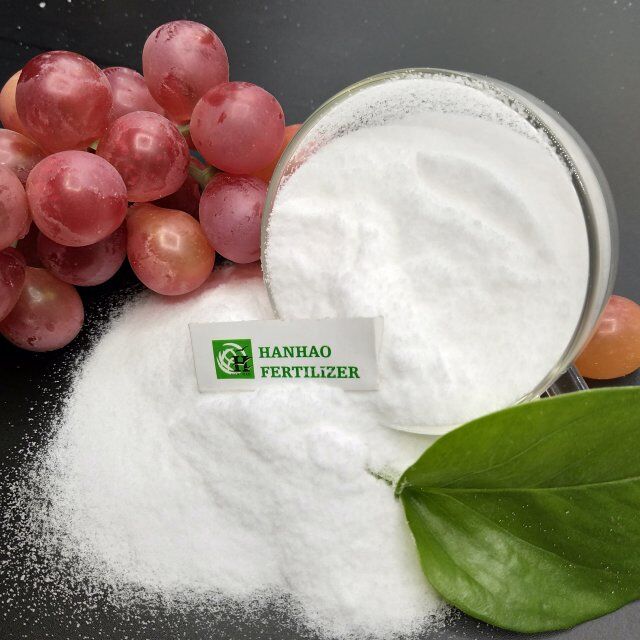
12 月 . 23, 2024 05:42 Back to list
npk for plants
Understanding NPK The Essential Nutrients for Plants
NPK refers to the three primary nutrients that are vital for plant growth Nitrogen (N), Phosphorus (P), and Potassium (K). These macronutrients play a crucial role in various physiological functions within the plant, and understanding their significance can help gardeners and farmers optimize their crop yields and maintain healthy plants.
Nitrogen (N)
Nitrogen is a key component of amino acids, which are the building blocks of proteins. It is also a part of chlorophyll, the molecule responsible for photosynthesis. This means that nitrogen is fundamental to a plant’s ability to convert sunlight into energy. A sufficient supply of nitrogen promotes lush, green foliage and robust growth. However, too much nitrogen can lead to excessive leaf growth at the expense of flowers and fruits, creating unbalanced plants. Therefore, it is essential to provide nitrogen in appropriate quantities based on the growth stage of the plant.
Phosphorus (P)
Phosphorus is primarily known for its role in energy transfer within the plant. It is a component of ATP (adenosine triphosphate), a molecule that stores and transfers energy in cells. Phosphorus is crucial for root development, flowering, and fruiting. It encourages strong root systems and promotes flowering, making it especially important for fruiting plants and crops. Additionally, phosphorus aids in the synthesis of nucleic acids, which are necessary for DNA and RNA production. Insufficient phosphorus can lead to stunted growth and delayed flowering.
Potassium (K)
Potassium is vital for overall plant health and plays a crucial role in the regulation of water uptake and loss. It helps strengthen cell walls, improves drought resistance, and enhances the plant’s ability to withstand diseases. Potassium is also involved in the synthesis of proteins and starches, contributing to fruit quality and crop yield. Adequate potassium levels ensure that plants can effectively manage their water usage, making them more resilient to environmental stressors.
npk for plants

Balancing NPK Ratios
Understanding the NPK ratios in fertilizers is essential for providing the right balance of nutrients to plants. Different plants have varying nutrient requirements, and thus, gardeners and farmers need to select fertilizers that cater to the specific needs of their crops. For example, leafy greens may benefit from fertilizers higher in nitrogen, while flowering plants may require more phosphorus. A balanced supply of all three nutrients is crucial for achieving optimal growth and yield.
When choosing fertilizers, it is important to consider the soil's existing nutrient profile. Soil testing can provide insight into nutrient deficiencies, helping you make informed decisions about which fertilizers to apply. Over-fertilization can lead to nutrient runoff, potentially causing environmental issues such as water pollution.
Organic vs. Synthetic Fertilizers
Both organic and synthetic fertilizers can provide NPK nutrients. Organic fertilizers, such as compost, manure, and bone meal, release nutrients slowly over time, improving soil structure and microbiome health. In contrast, synthetic fertilizers offer immediate nutrient availability, allowing for quick plant responses. The choice between organic and synthetic fertilizers depends on the specific gardening goals, environmental considerations, and personal preferences.
Conclusion
NPK is fundamental to understanding plant nutrition and health. By ensuring that plants receive an appropriate balance of nitrogen, phosphorus, and potassium, gardeners and farmers can foster optimal growth, improve crop yields, and maintain vibrant gardens. Whether you're a beginner or an experienced horticulturist, grasping the importance of NPK helps you cultivate plants that thrive, ultimately leading to a more productive gardening experience.
-
10-10-10 Organic Fertilizer - Balanced NPK Formula
NewsAug.02,2025
-
Premium Organic Manure Compost for Eco Gardens
NewsAug.01,2025
-
Organic 10-10-10 Fertilizer | Balanced Plant Nutrients
NewsJul.31,2025
-
Premium Amino Acid Fertilizer | Rapid Plant Growth Booster
NewsJul.31,2025
-
10 10 10 Fertilizer Organic—Balanced NPK for All Plants
NewsJul.30,2025
-
Premium 10 10 10 Fertilizer Organic for Balanced Plant Growth
NewsJul.29,2025
